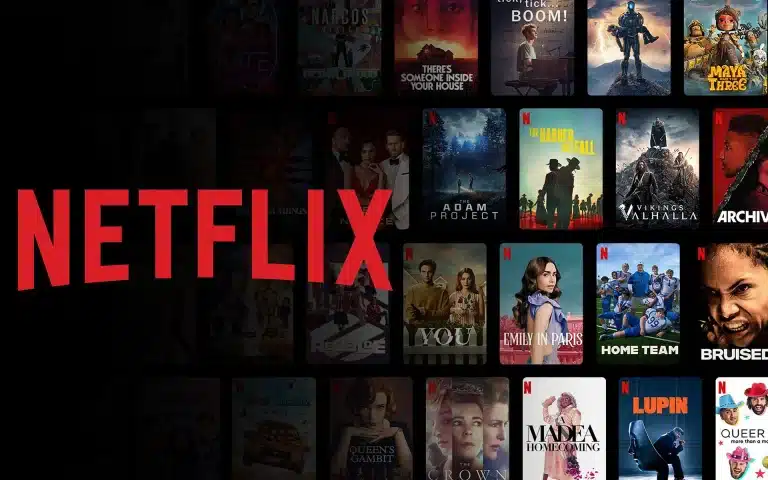The New York Times initially published a confidential message from Netflix to its employees, which said that advertising might be a feature of the service as early as September 2022. The Streaming giant officials disclosed last month that they were exploring including adverts in the service, despite decades of stating the firm will not be generating any revenue from ads. According to Chairman Reed Hastings at a shareholder conference, this is a decision that the business is “seeking to sort out in upcoming years.”
According to a new statement from the New York Times, Netflix plans to launch its ad-supported service in the “final three months of the year.”
According To New Your Times
In a memo obtained by the New York Times, the memo stated, “Obviously, it’s quick & aggressive and this would resuscitate trade-offs.” In the announcement, the firm drew heavily on its rivals’ ideas. As Netflix CEO Reed Hastings noted in a memo, HBO, as well as Hulu, have managed to “keep powerful trademarks while delivering an ad-supported product,” which is exactly what Netflix is trying to do. Except for Apple, every single big game name in the streaming industry offers (or has promised) an ad-supported model, according to the memo. “Customers are looking for lower-cost alternatives for legitimate reasons.”
“We’re researching an ad-supported option for people eager, however, we’ll still offer options sans advertisements,” a Netflix representative informed media outlets via a confidential text. While the spokesman refused to elaborate on precisely how well the proposed ad-based subscription plan would integrate into the company’s existing financing strategy, the New York Times stated that the most prevalent $15.49/month choice will be reduced in price. To commercialize credential sharing, the streaming giant has been testing it out in a voluntary role before, according to the memo.
In its latest quarterly financial release, Netflix revealed a shocking membership loss of 200,000, marking the first time in a year that the firm has seen a decline of this magnitude in its user base. Even before that story came out, the streaming platform’s shares were fallen over 50% this month as a result. The business let off many authors it had employed for its Tudum weblog project shortly after the declines in subscribers and shares were made public.



